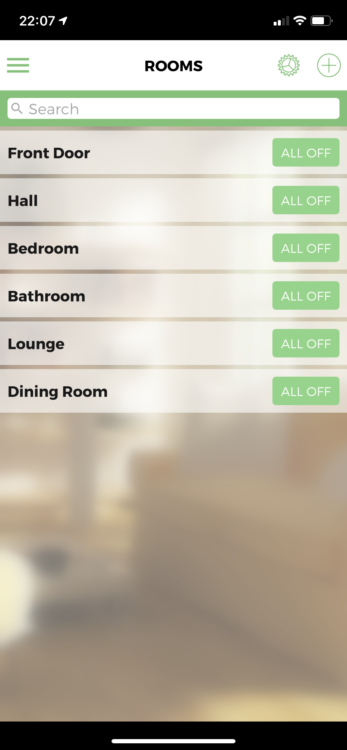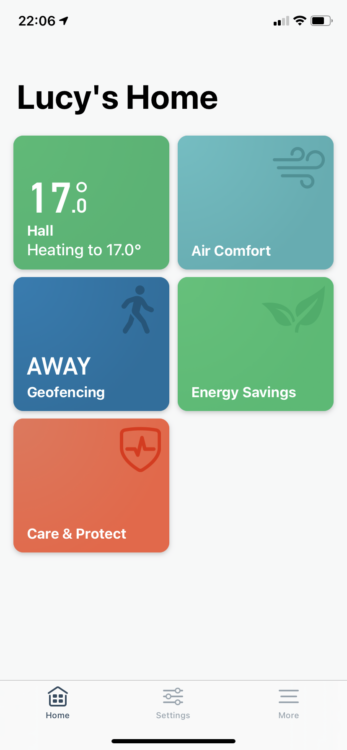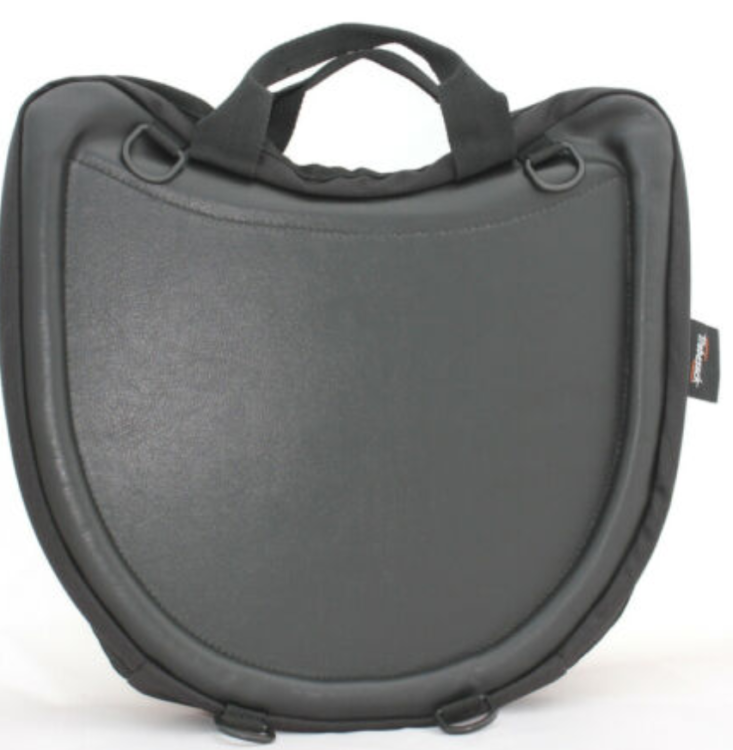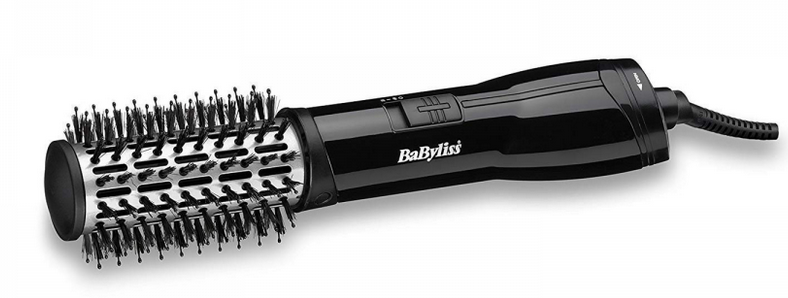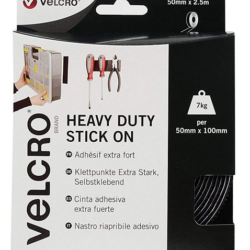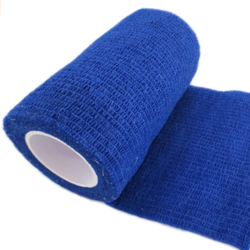Daily life always comes with a few annoyances, no matter what your situation. But when you’re disabled, it can throw up additional challenges, especially when you don’t have things set up the right way for you. Our editor Lucy, who has cerebral palsy, details 10 ways she’s found to make her life that little bit simpler.
Being a disabled person often means doing things differently from able-bodied people. The most obvious one for me, as a wheelchair user, is that I use a wheelchair to move around rather than my legs.
But that’s just the most obvious – over the years I have developed and discovered lots of solutions, tips and tricks to make my life easier…
1. Tablet storage and pill boxes
I need to take tablets daily and I find that the boxes/bottles they come in are hard or just a faff to open. They also take up space, and I really don’t think it’s helpful to have my kitchen doubling up as a pharmacy!
I have now found the ideal solution – a cosmetics bag. It’s nothing fancy, in fact, I think it was £5 from Boots, but it works perfectly for me. I put a foil of each of my tablets in the bag so when I need to take them they are all in the same place.

I only take three tablets, so the bag is a workable solution for me, but if this increased I would definitely need a pillbox. Also, if you have trouble remembering doses or take lots of different types, then I highly recommend a pillbox.
The Disability Horizons Shop sells a few pill boxes, including a couple of stylish versions with leather cases to store them in. Just the organisational benefit itself would make it worthwhile.
Some tablet boxes can also remind you what to take and when out loud. Useful if you experience memory or sight problems, or just want one less thing to think about.
2. Smart lighting and heating controls
I have a system called Lightwave installed in my home that enables me to switch my lights on or off, either with the Lightwave app on my phone or my voice. I’ve always found it a stretch to reach light sockets, so I find this incredibly helpful.
It’s also useful when I remember that I’ve left a light on in another room, especially if I am not in my wheelchair, as I can turn it off without having to move.
I chose Lightwave as this system uses smart sockets as opposed to smart bulbs. As I have lots of different light fittings throughout my home that smart bulbs wouldn’t fit, it was cheaper for me this way.
When it comes to my heating, I can adjust it from my phone or with voice using Alexa. It means I use less electricity and am more comfortable. I chose the Tado system as there was a sale at the time. It works with Alexa (I use one that is also a speaker), the Apple HomeKit, and Google Assistant.
All smart heating controls allow phone and voice control, so you can shop around. It is important to check the compatibility of your boiler with any smart system before purchasing one.
3. Ribbons on doors or anything out-of-reach
This may sound really simple, but it is a perfect example of how an object meant for one purpose can be used for another. For years I struggled with doors, especially ones you want to pull shut behind you.
Adding something long to the handle of doors means I can pull a door open or closed, assuming it isn’t fully shut. I use ribbon as I think it looks nice and comes in a range of colours.
Ribbon is readily available from craft shops and, as it’s not a disability aid, it’s cheap – a whole reel costs approximately £3, depending on what you want.
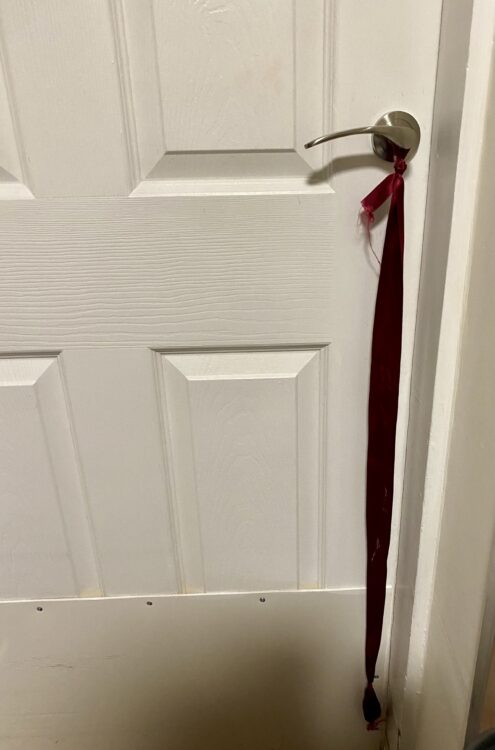
Using ribbon, string or cord works on anything out of reach too. I know people that attach a cord to their manual wheelchairs so that they can pull the chair towards them from further away or get their assistance dog to do it!
If you have trouble actually opening doors because of grip or strength issues, try the Tru Grip door extender. You might also want to try this folding grabber stick to help with picking up or getting to items far away.
4. Apps
Apart from Lightwave and Tado, I also have an app for smart plugs that I have lamps and my TVs plugged into it. It’s called Kasa and it works with Alexa, but it will also connect with the Samsung SmartThings and Google Home smart hubs.
I also couldn’t get from A-B without Apple Maps and Google Maps – I’m very bad at navigating! I use both as sometimes one works better than the other.
The Patient Access App enables me to book doctors appointments without having to ring my GP practice.
I’m also signed up with the prescription delivery service, Pharmacy2U, which is very convenient, especially during the Covid-19 pandemic. It means I can order my repeat prescriptions with a couple of taps on the screen.
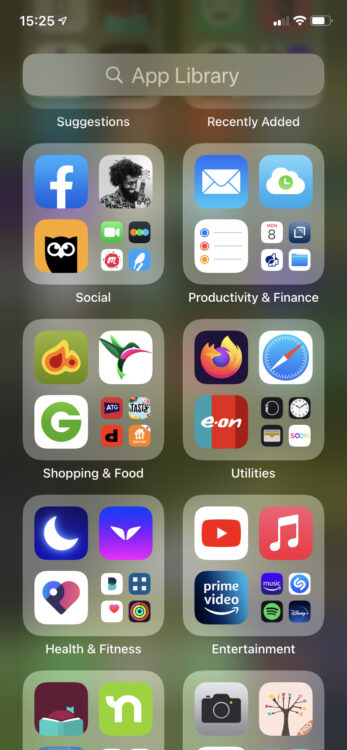
5. Carrying aids
I find carrying things tricky as I have some arm weakness and grip issues. So when it comes to holding and transporting hot mugs, I use a five-fingered oven glove, like the one I have linked to.
Then I haven’t got to worry about only holding the handle. The glove also provides extra grip if you did want to use it to get dinner to the table too.
I also use a Trabasack lap tray when carrying items for extra stability. Pre-Covid-19, I always took it to restaurants and cafes to use when the tables were at the wrong height for me to eat at.
I have the Curve, seen below, but there are a few different versions of the Trabasack in a variety of sizes and colours. They also double up as a wheelchair bag.
6. Bath step instead of a transfer step
I’m short so I sometimes need a little extra height to be able to transfer into shower seats and beds when away from home. To help with this, I use a flat bath step that I got from Naidex about 15 years ago, similar to the one I have linked to here.
Official ‘transfer steps’ that are specifically marketed for disabled and elderly people can cost more than a standard step. But these are said to be the steadiest and therefore safest ones, so please make sure an alternative will be suitable for you before buying.
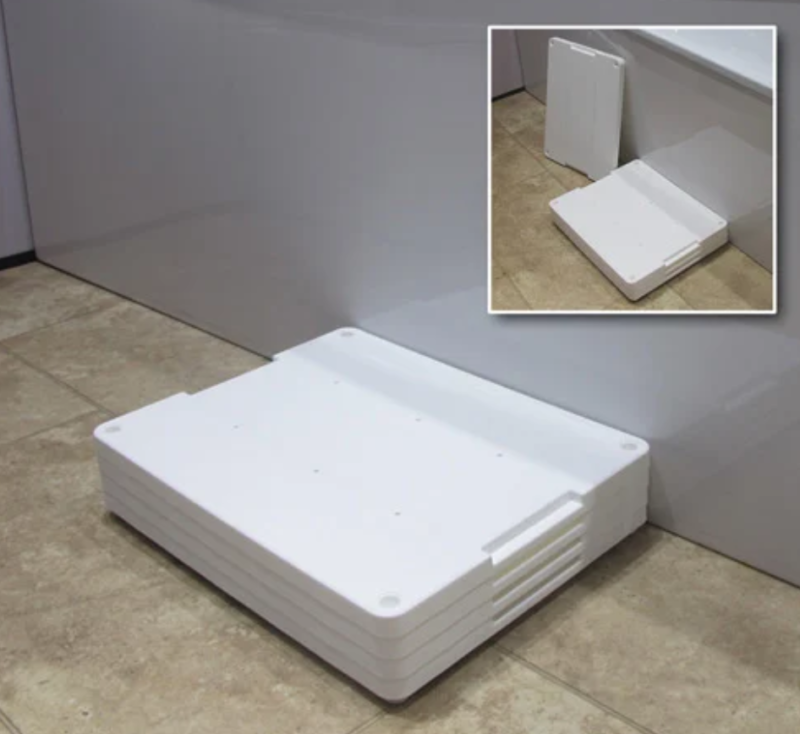
7. Suction grab rail
If you have balance or mobility issues, grab rails are a godsend, especially when you’re away from your home. I use them to transfer from my chair, and they need to be in the right place.
I take a Mobeli Grab rail with me wherever I go. It has suction cups so can be placed on any smooth wall.
Grab rails can be very cheap or very expensive, depending on how much weight you will put on them and what you can hold. Mobeli grab rails are expensive, but I’ve found that the cheaper ones tend to fall off the wall! Better safe than sorry!
If you’re able to put weight through your legs, then the cheaper options may be enough. I’d recommend always having an able-bodied person test a grab rail before use, if possible.
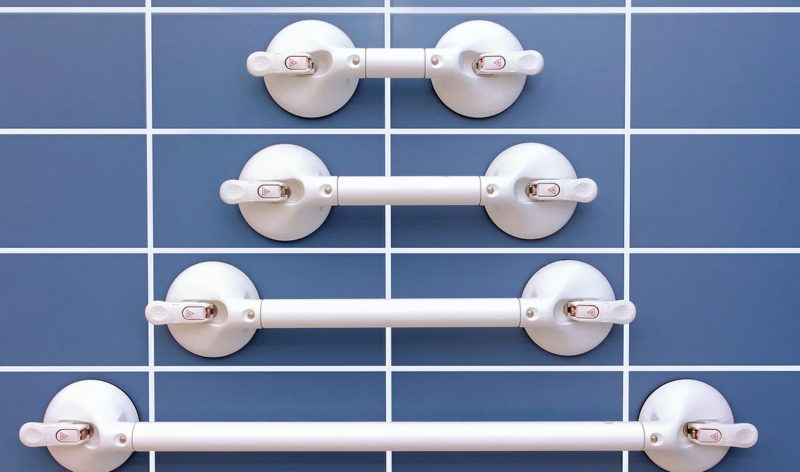
8. Hairdryer stand and a hot brush
This is not something I use but a useful tip I got from a DHorizons Tribe member on our Facebook group.
She uses a hairdryer stand and a hot styling brush to do her hair, enabling her to be independent.

A hairdryer stand can be either freestanding or fixed to a wall and holds a hairdryer in place so that you don’t have to hold it – particularly useful if you have limited dexterity or strength.
Similarly, a hot brush is a hairbrush that gets warm. It is used as a styling tool, but is also a good alternative to drying your hair.
9. Smartwatches
Care alarms will always have their place and are a lifeline to independence for many. But, for some people, myself included, a smartwatch does the job just as well and for less money! I have the iPhone 11 and Apple Watch 6. I chose the cellular and GPS version so I would have the option of adding a cellular plan if the connection to my phone was unreliable.
However, the Bluetooth connection works from a couple of rooms away so haven’t needed to pay extra for a watch plan. I wanted the latest tech available but any Apple Watch model can function this way. There are other makes available but this is the best set up for me.
Smartwatches can give reminders, act as a calendar, monitor blood pressure and even tell the time.
Most watches have a fall sensor and the Apple Watch now has a handwashing function in response to Coronavirus.
They won’t suit everyone. Some people need an external call centre and someone on the end of a phone. But for those of us who just want the reassurance of being able to call friends and family if we get into difficulty, a smartwatch may be a good option.
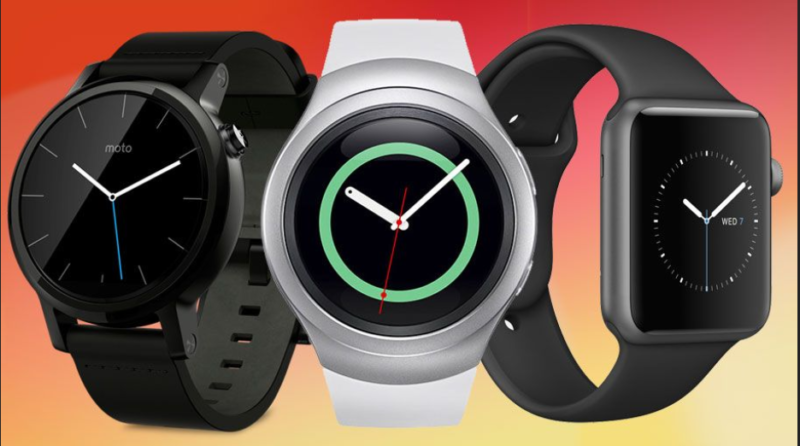
10. Velcro vet wrap Tape
Velcro is my go-to if I need things to stay in place. I’ve stuck Velcro to the back of my phone and iPad, even remote controls.
If like me, your disability means you’re prone to dropping things, then velcro is an inexpensive way of making sure items stay put.
Vet wrap tape is officially used as bandages for animals, but it’s grippy and sticks to itself, so it’s great for adding grip to smooth surfaces, such as remote controls and credit cards, to make them easier to pick up.
I have also used vet tape to wrap around my wheelchair armrests when they began to split. It’s almost invisible, black on black, not sticky and more hardwearing than packing tape. It’s softer too and there are a number of different colours available.
You could also try Cat Tongue Grip tape, which works in the same way as Velcro but is clear, so a good option if you want something more discreet. It’s also, non-abrasive, latex-free and made from recyclable material.
I haven’t tried it myself, but you can take a look at this review of the Cat Tongue grip tape to find out more.
By Lucy Currier
This article includes affiliate links, so if you decide to purchase one of the products, we’ll get some money toward the running of Disability Horizons – at no cost to you.
More on Disability Horizons…
- 10 tips to help you keep warm if you have a disability
- Nike launches hands-free shoes inspired by a man with cerebral palsy
- Improving disabled people’s access to essential assistive technology
- How an upfront wheelchair adapted vehicle can give you true independence
The post 10 daily solutions to make life easier if you’re disabled appeared first on Disability Horizons.


